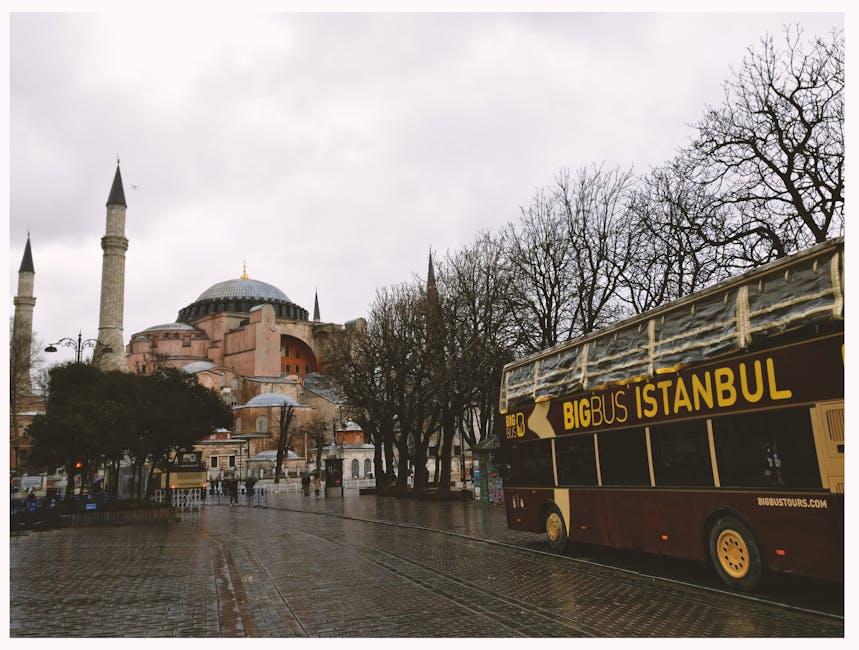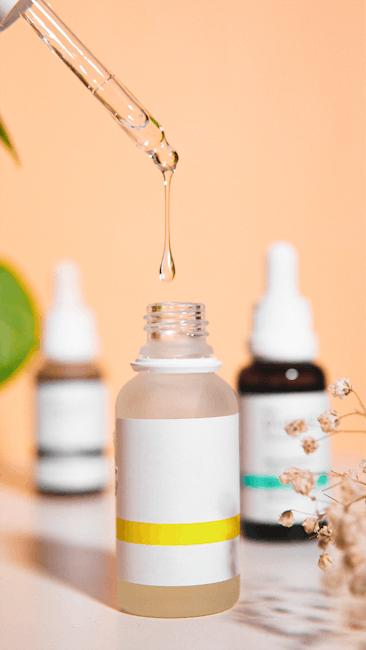
Why Traveling to Turkey for Cosmetic Procedures Can Be Risky for Brits: Expert Warning
Over recent years, Turkey has emerged as a popular destination for Brits seeking affordable cosmetic procedures. From rhinoplasty to dental work and hair transplants, many UK patients are drawn by the promise of high-quality treatments at a fraction of the cost compared to the UK. However, medical tourism, especially for cosmetic surgeries in Turkey, comes with a set of inherent risks and challenges that potential patients must understand before booking that flight.
The Growing Trend: Why Brits Choose Turkey for Cosmetic Surgery
Turkey’s reputation as a hub for cosmetic surgery is built on several attractive factors:
- Cost Savings: Cosmetic procedures can cost up to 50-70% less than in the UK.
- Highly Skilled Surgeons: Many surgeons in Turkey are internationally trained and boast good success rates.
- Modern Facilities: Private clinics often feature state-of-the-art technology and luxury amenities.
- Vacation Appeal: The opportunity to recover in a tourist-friendly environment.
Why Experts Warn Brits About Traveling to Turkey for Cosmetic Procedures
Despite these advantages, healthcare professionals and travel experts have issued strong warnings about potential hazards associated with cosmetic surgery tourism in Turkey:
1. Regulatory Differences and Safety Standards
Unlike the UK’s stringent healthcare regulatory environment, Turkey’s oversight of cosmetic surgery clinics varies. The difference in regulations means:
- Some clinics may not meet UK safety or hygiene standards.
- There is often less regulatory accountability or post-op care assurance.
- Standards for anaesthesia and emergency response vary significantly.
2. Communication Barriers and Informed Consent
Understanding the procedure details, risks, and aftercare is critical. Language differences may lead to:
- Misunderstandings regarding the surgical plan or expected outcomes.
- Difficulty expressing post-surgery complications or needs.
- Poorly informed consent resulting in unrealistic patient expectations.
3. Potential Postoperative Complications and Limited Follow-Up
Cosmetic procedures carry risks such as infections, scarring, or adverse reactions. Traveling back to the UK shortly after surgery limits:
- Access to the original surgeon for follow-up treatments.
- Timely treatment of complications which can worsen without immediate care.
- Continuity of care, which is crucial for complex procedures.
4. Legal and Insurance Challenges
If something goes wrong, Brits may find it difficult to:
- Pursue legal action due to complex international laws and jurisdictional issues.
- Claim compensation or insurance reimbursements for complications or subpar outcomes.
Comparing Cosmetic Surgery in Turkey vs. UK: Quick Overview
| Aspect | Turkey | United Kingdom |
|---|---|---|
| Cost | 50-70% lower | Higher due to regulation and NHS guidelines |
| Regulation | Varies, less strict oversight | Highly regulated by CQC, MHRA |
| Post-operative Care | Limited follow-up, travel constraints | Comprehensive monitoring and emergency support |
| Legal Recourse | Challenging due to international legal barriers | Accessible under UK law and medical malpractice protections |
| Language Communication | Possible language barriers | Native English-speaking medical staff |
Real-Life Case Studies: Lessons Learned
Case 1: The Costly Complication
Emma, a 32-year-old Brit, traveled to Istanbul for breast augmentation. While the surgery initially seemed successful, she developed a serious infection days after returning home. Unable to reach the clinic, Emma faced expensive hospital treatments in the UK and prolonged recovery.
Case 2: Communication Breakdown
Mark underwent a rhinoplasty procedure in Turkey. Miscommunication led to incorrect expectations about the surgical outcomes. Mark felt dissatisfied with his results but struggled to get satisfactory explanations or corrective options abroad.
Practical Tips for Brits Considering Cosmetic Surgery Abroad
- Do Thorough Research: Verify clinic accreditations, surgeon qualifications, and patient reviews.
- Consult UK-Based Specialists First: Get a second opinion to understand your procedure and risks.
- Ensure Clear Communication: Confirm language support and details of post-op instructions in English.
- Plan for Aftercare: Arrange for sufficient recovery time abroad or local care upon returning.
- Check Legal Protections and Insurance: Understand what medical indemnities or insurance you have.
- Avoid Booking on Price Alone: The lowest price may signal compromises in quality or safety.
Benefits of Cosmetic Surgery Tourism — But Proceed with Caution
While risks exist, it’s fair to acknowledge the benefits:
- Access to cutting-edge or novel cosmetic treatments.
- Opportunities to combine surgery with holidays in beautiful locations.
- Potential substantial savings that can make procedures affordable.
The key lies in balancing cost benefits with safety precautions and realistic expectations.
Conclusion: Navigating the Risks of Cosmetic Procedures in Turkey for Brits
Turkey’s booming cosmetic surgery market has undeniable appeal for British patients seeking affordable and high-quality treatments. However, expert warnings highlight significant risks stemming from regulatory differences, potential complications, communication barriers, and limited legal protections. Brits considering cosmetic procedures in Turkey must weigh these factors carefully.
Informed decision-making, professional consultations, and thorough planning for post-operative care are essential to avoid costly errors and health complications. By staying vigilant and prioritizing safety over price, UK patients can better protect themselves while navigating the growing trend of medical tourism.
Remember, your health and well-being come first — whether at home or abroad.


